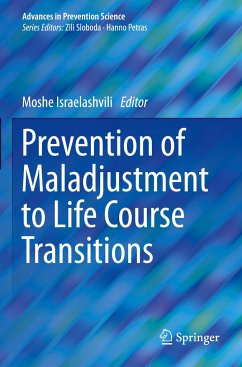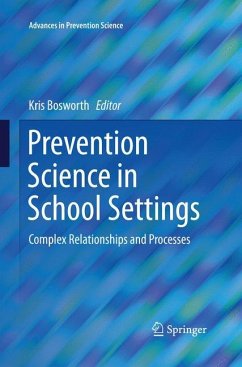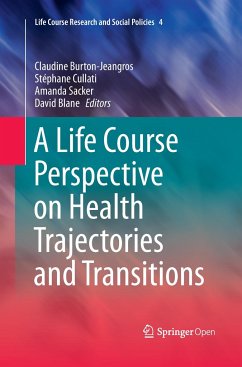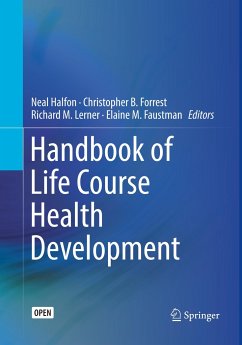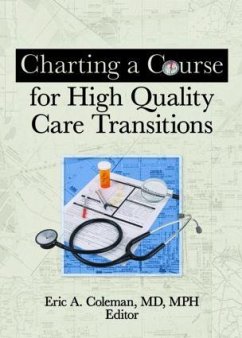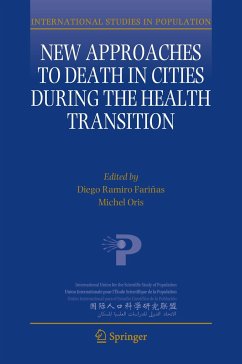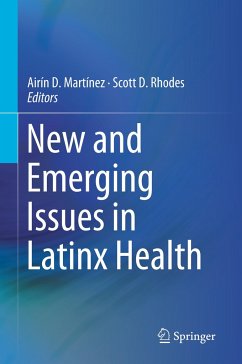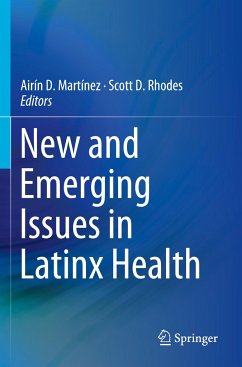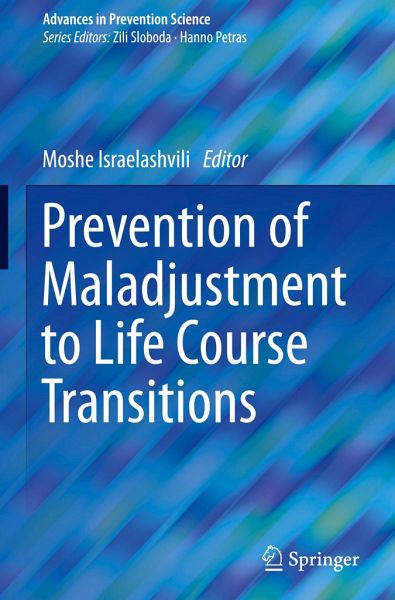
Prevention of Maladjustment to Life Course Transitions

PAYBACK Punkte
40 °P sammeln!
This book provides a comprehensive and updated review of the concepts, models, and interventions related to the process of adjustment to life course transitions.In times of transition, an individual is exposed to experiences that require them to assume new roles and exhibit updated behaviors. Regardless of the characteristics of these transitions, exposure to normative trajectories imposes on the person an intensive engagement in a process of (re-)adjustment. Sometimes this demand is beyond the scope of one's ability, motivation, or comprehension. Hence, some people might ineffectively perceiv...
This book provides a comprehensive and updated review of the concepts, models, and interventions related to the process of adjustment to life course transitions.
In times of transition, an individual is exposed to experiences that require them to assume new roles and exhibit updated behaviors. Regardless of the characteristics of these transitions, exposure to normative trajectories imposes on the person an intensive engagement in a process of (re-)adjustment. Sometimes this demand is beyond the scope of one's ability, motivation, or comprehension. Hence, some people might ineffectively perceive and/or react to the change and end up feeling unable to handle the change and inclined to escape the situation. A preventive intervention that either reduces the impact of possible risk factors or fosters possible protective factors would support the people in managing the transition.
While the importance of prevention of maladjustment is repeatedly mentioned in the literature, this is the first-known book on how to prevent maladjustment. It examines how the sense of transition emerges, what adjustment means, the models that elaborate on how people manage in times of transition, what the antecedents of maladjustment are, and especially how maladjustment could be prevented. Out of these discussions, a new model, The Transitional Stress and Adjustment (TSA) Model, is suggested as a grand framework for paving a way forward to better prevent people's maladjustment to life course transitions.
Prevention of Maladjustment to Life Course Transitions is a much-needed cornerstone in the future development within the prevention science framework. This book has interdisciplinary appeal for researchers, practitioners, and graduate students in psychology, sociology, public health, social work, criminology, medicine, health sciences, public policy, economics, and education who consider prevention an important vehicle of intervention to promote health and wellbeing. Its focus on the topic of adjustment also would be of special interest to those who explore child and youth development.
In times of transition, an individual is exposed to experiences that require them to assume new roles and exhibit updated behaviors. Regardless of the characteristics of these transitions, exposure to normative trajectories imposes on the person an intensive engagement in a process of (re-)adjustment. Sometimes this demand is beyond the scope of one's ability, motivation, or comprehension. Hence, some people might ineffectively perceive and/or react to the change and end up feeling unable to handle the change and inclined to escape the situation. A preventive intervention that either reduces the impact of possible risk factors or fosters possible protective factors would support the people in managing the transition.
While the importance of prevention of maladjustment is repeatedly mentioned in the literature, this is the first-known book on how to prevent maladjustment. It examines how the sense of transition emerges, what adjustment means, the models that elaborate on how people manage in times of transition, what the antecedents of maladjustment are, and especially how maladjustment could be prevented. Out of these discussions, a new model, The Transitional Stress and Adjustment (TSA) Model, is suggested as a grand framework for paving a way forward to better prevent people's maladjustment to life course transitions.
Prevention of Maladjustment to Life Course Transitions is a much-needed cornerstone in the future development within the prevention science framework. This book has interdisciplinary appeal for researchers, practitioners, and graduate students in psychology, sociology, public health, social work, criminology, medicine, health sciences, public policy, economics, and education who consider prevention an important vehicle of intervention to promote health and wellbeing. Its focus on the topic of adjustment also would be of special interest to those who explore child and youth development.



